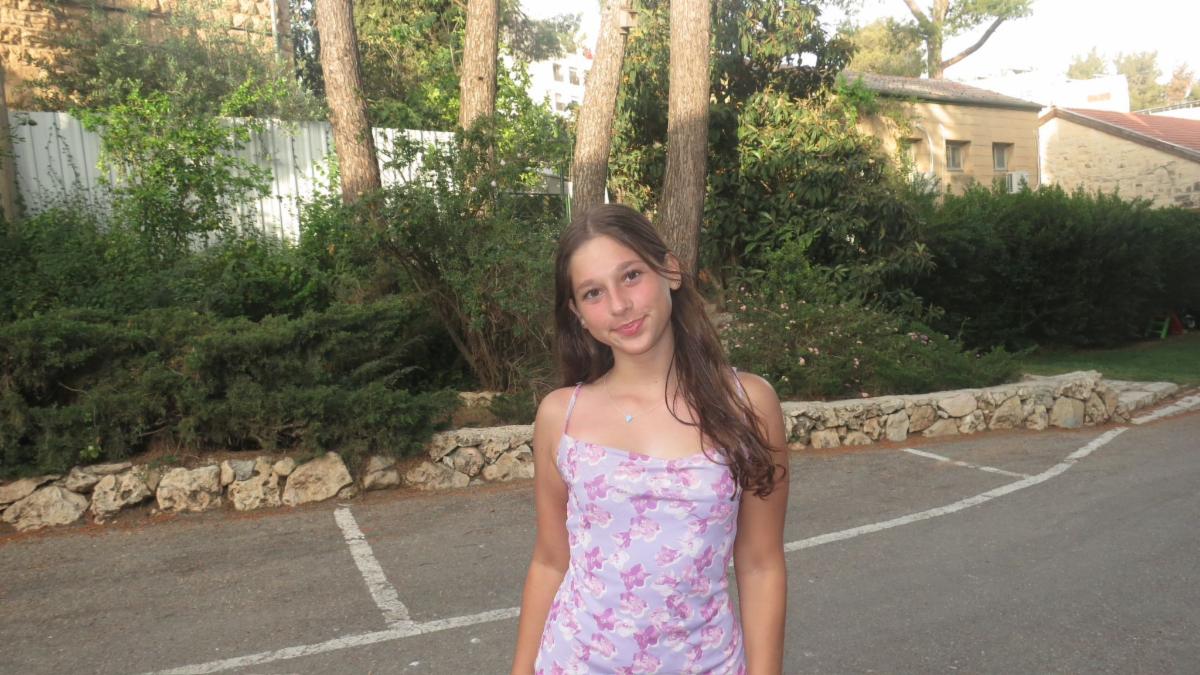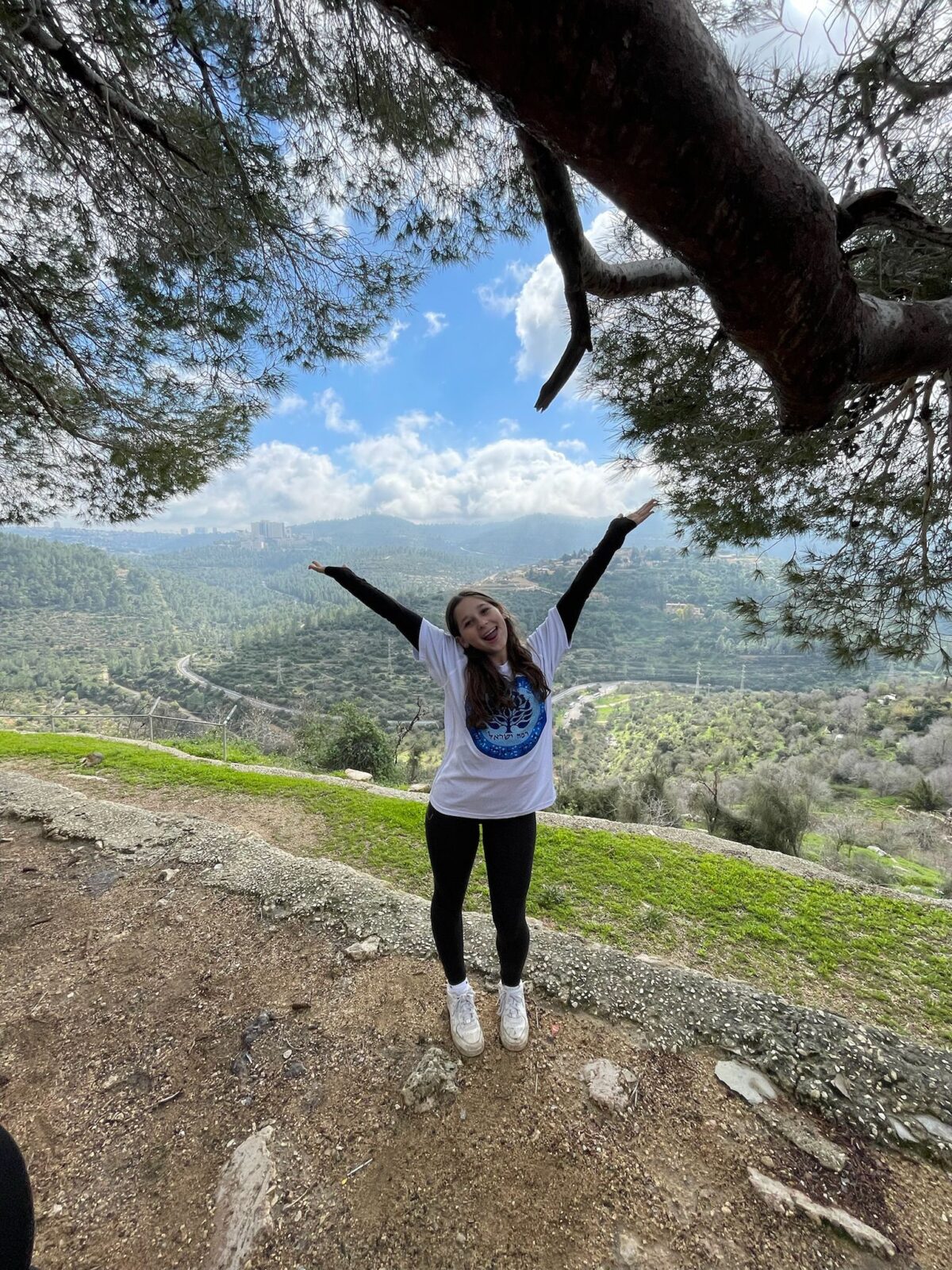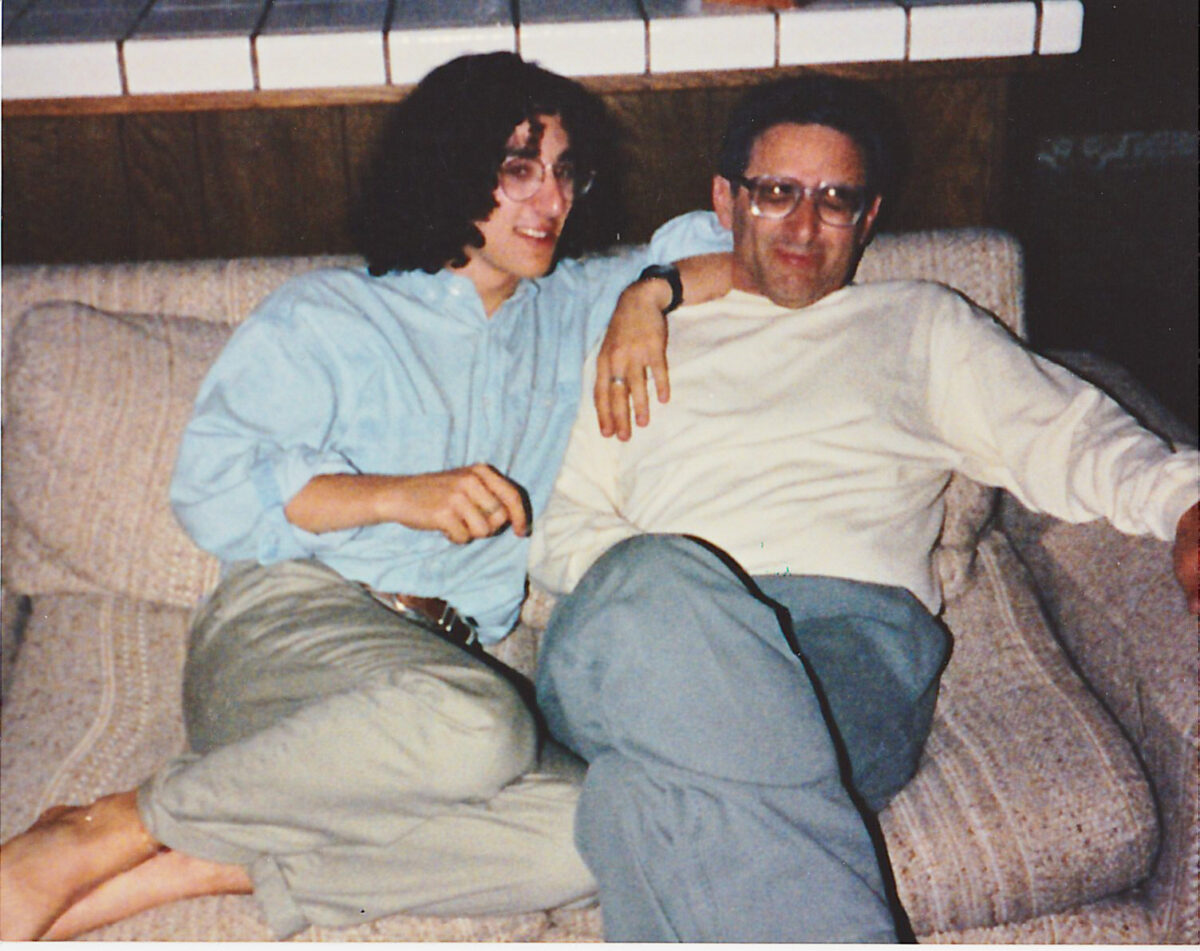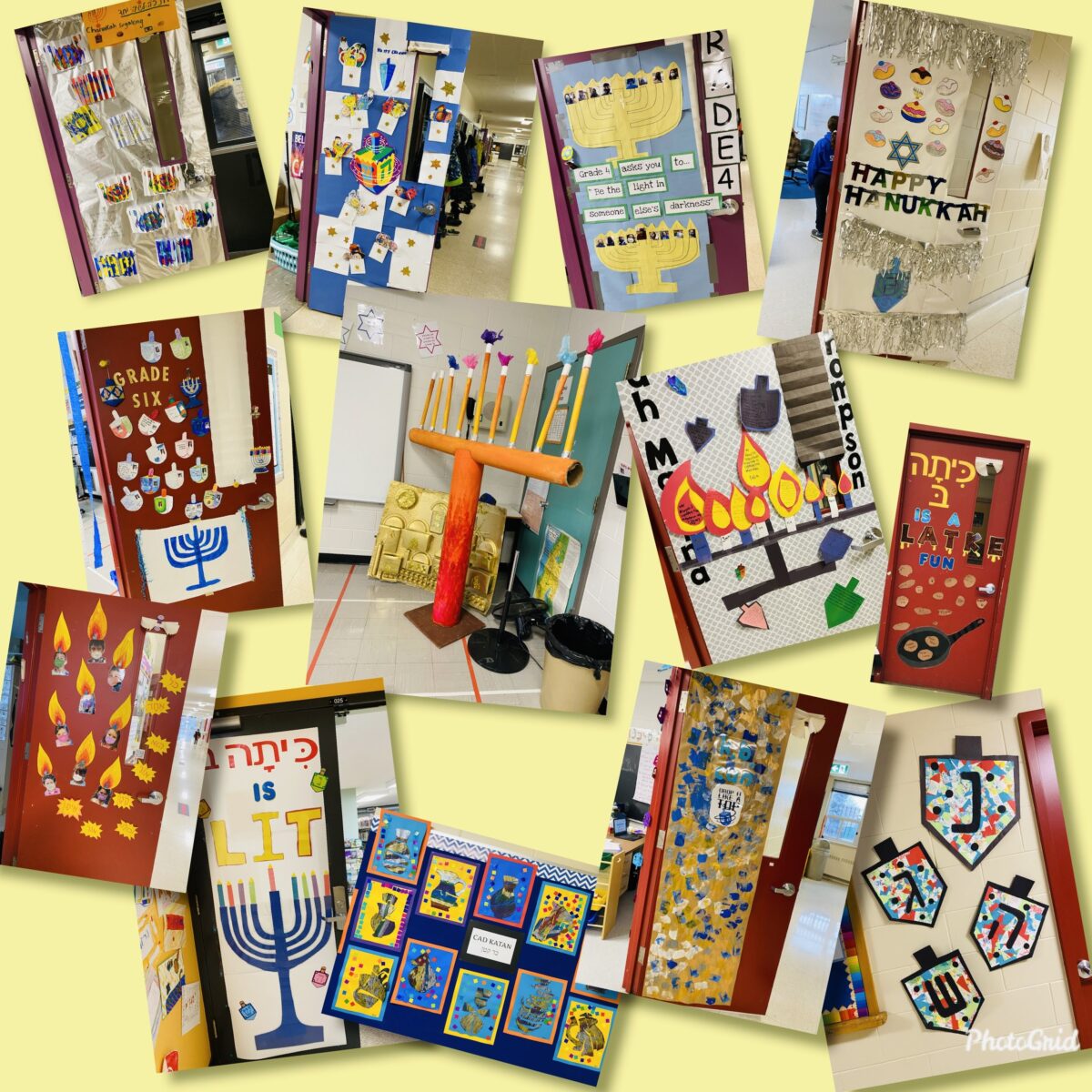[NOTE: This blog post comes from my daughter, Maytal Mitzmacher, near the end of her Grade 10 spring semester abroad in Tichon Ramah Yerushalayim or TRY, a program operated by Ramah Israel.]
On Yom HaZikaron we went to the Tekkes run by Masa in the evening. It was a very crowded place, and we saw a lot of people we knew. It felt a bit strange because we were excited to see people but the mood was meant to be more somber. It didn’t click for a lot of us until the Tekkes began. For some, it was our first time experiencing this in Israel. There were a lot of meaningful stories from October 7th and other incidents and it was emotional to hear the stories through song and dance and testimonials so that everyone could find a way to connect. The Masa Tekkes helped us prepare for the following day.
On Monday, we joined the Tekkes on the Chava planned by students living here. It honored those who lived here who we lost from past generations. Even though it was in Hebrew, we were still able to connect because it’s the place we’ve been living for the past four months. There was so much emotion in each speaker, that we felt intensely the pain of this year. They also prepared poems, the orchestra played and students sang. Later that day, we went to Har Herzl. Though we had been there once before, it was very different. This time, it was shoulder to shoulder and we visited the same graves, many of which had people sitting beside them mourning their losses. It was overwhelming how many people were there, and though some graves had nobody beside them, all had flowers. We also saw a huge group of people praying around a brand-new grave. It was powerful to be a part of this and experience this with the people of Israel.
Yom HaAtzmaut comes right after Yom HaZikaron. The switch happened in the evening, and we were getting excited to be able to celebrate. We had to switch our mood instantly, thinking of two things so different from one another. To go from thinking of those we’ve lost to celebrating our state is really hard. The immediate switch is hard to process and some people needed more time without feeling the rush. I feel that a day in between would be helpful so that people can be in a proper state of mind to celebrate Israel and enjoy the day. This year, everything was toned down and Yom Haaztmaut was not as celebratory as there are losses that are very recent. We still celebrated but it was hard to go from seeing pictures of hostages to singing upbeat songs. I needed more time to think and switch moods. The mood this year made celebrating more complicated. Even though we are trying to mourn properly, we still have our state and it’s still something we should want to celebrate. Even though there are still horrible things happening, we’re continuing to mourn and pray while appreciating all that we still have and move into another, better year for Israel.
Coming to Israel, knowing there’s a war with everything happening, the 14 of us still chose to come this semester. People thought we were crazy for coming, or they were super proud and impressed with us. We’ve been told countless times that we’re the best of the best for being here right now. Even though we haven’t been able to do everything, it hasn’t changed the way we feel about Israel. We’ve had an experience unlike any other, we lived through this and are able to see firsthand what real life and experiences that we can continue to tell others. We got to live through history and being here is also part of our story and our relationship with Israel. We’ve connected MORE, and our love for Israel has grown immensely. We belong here.










